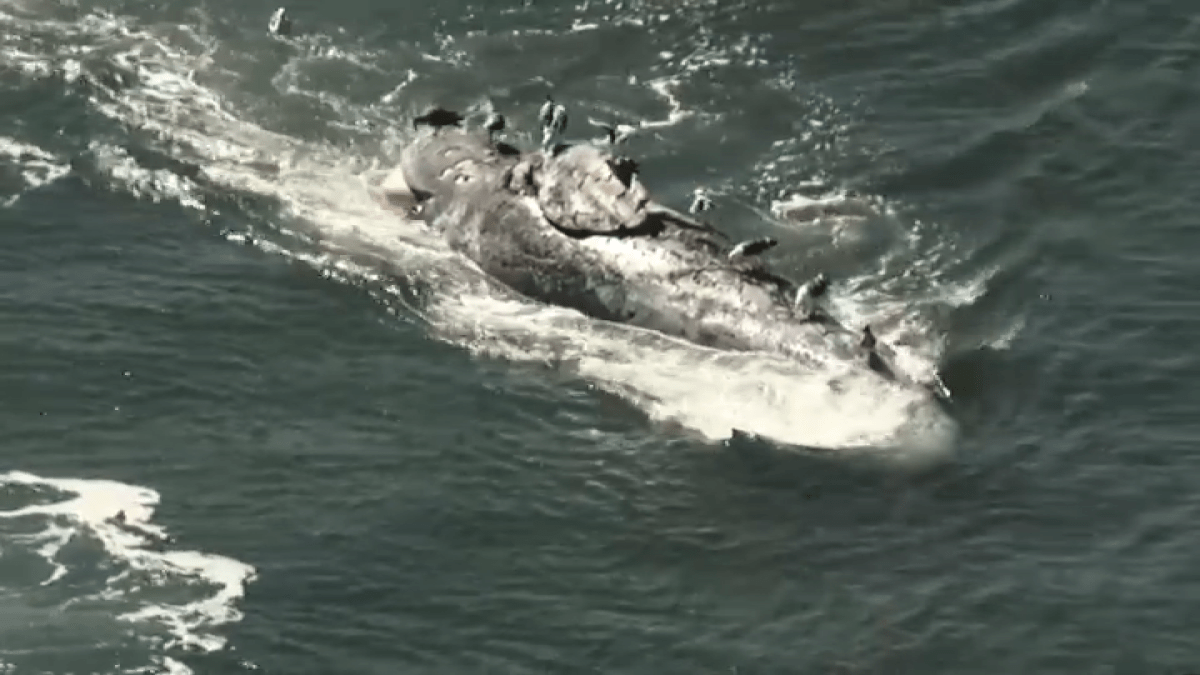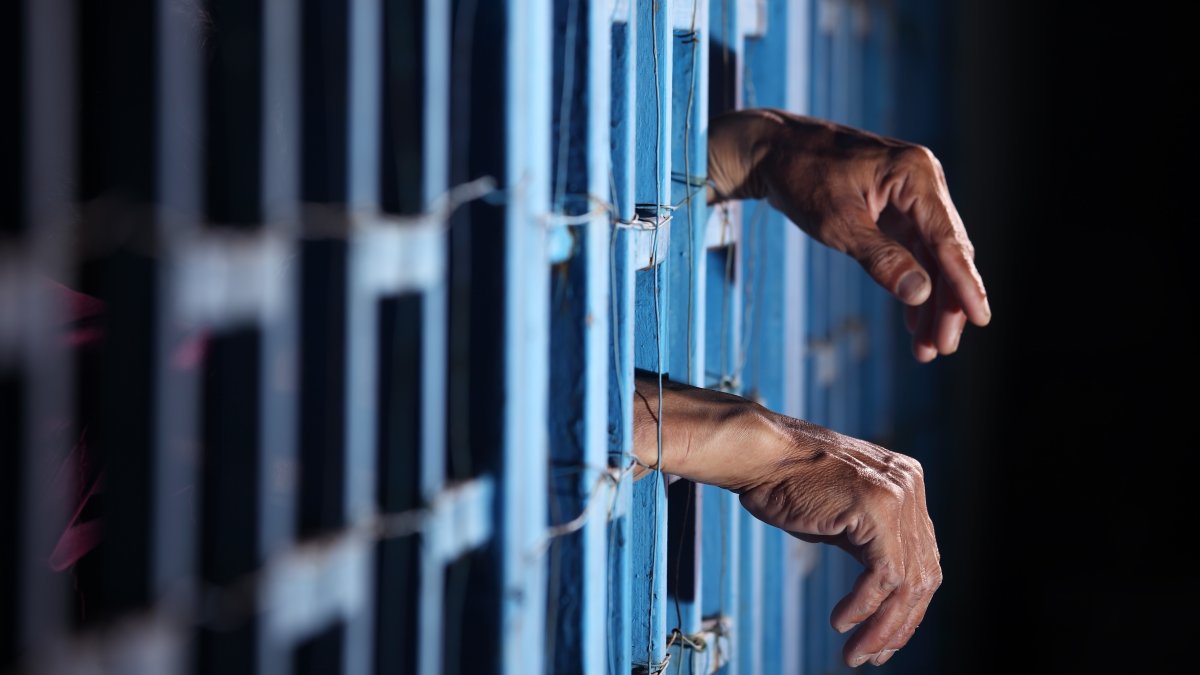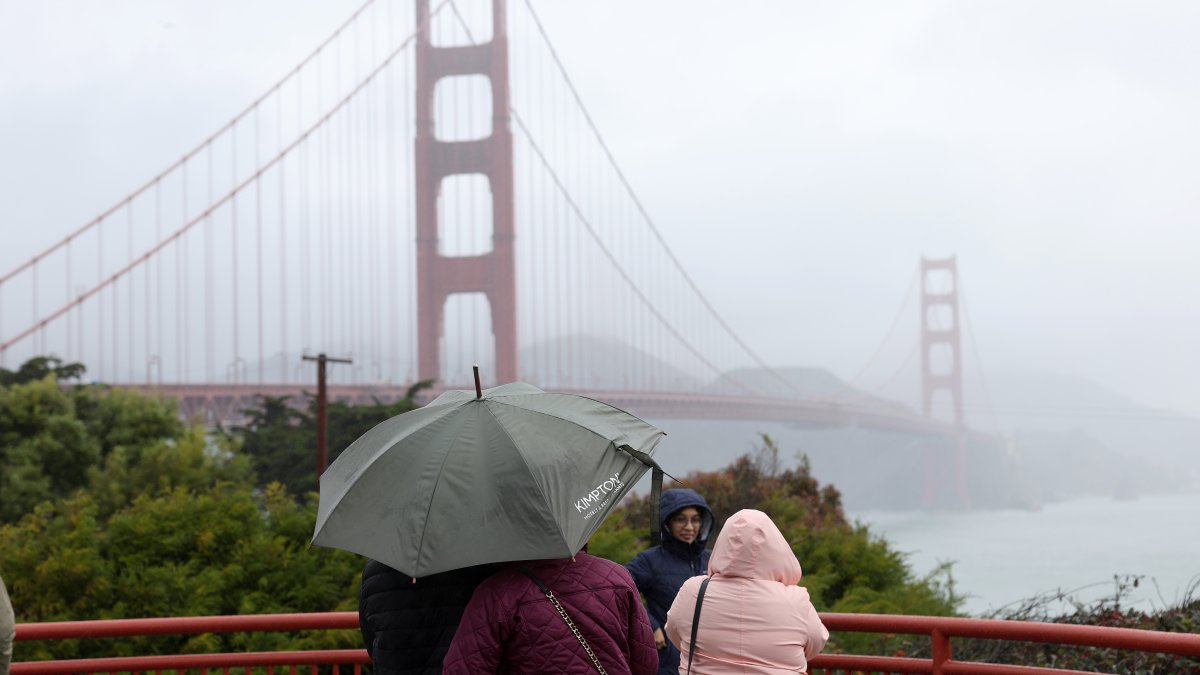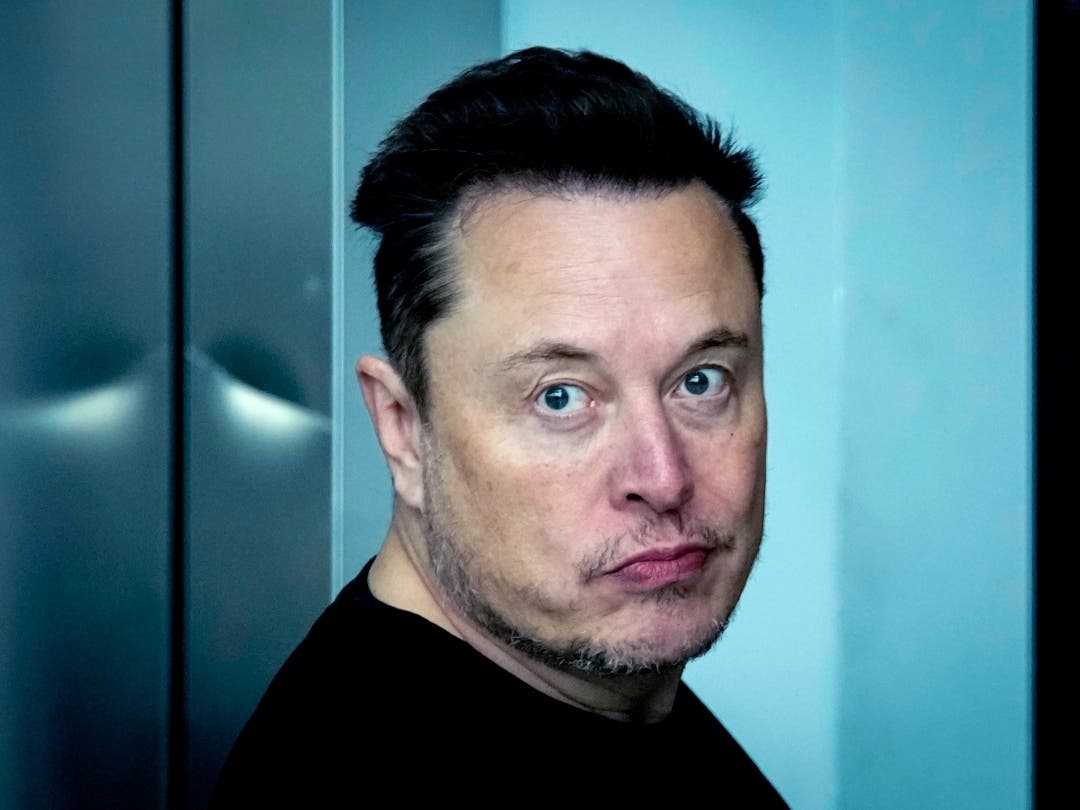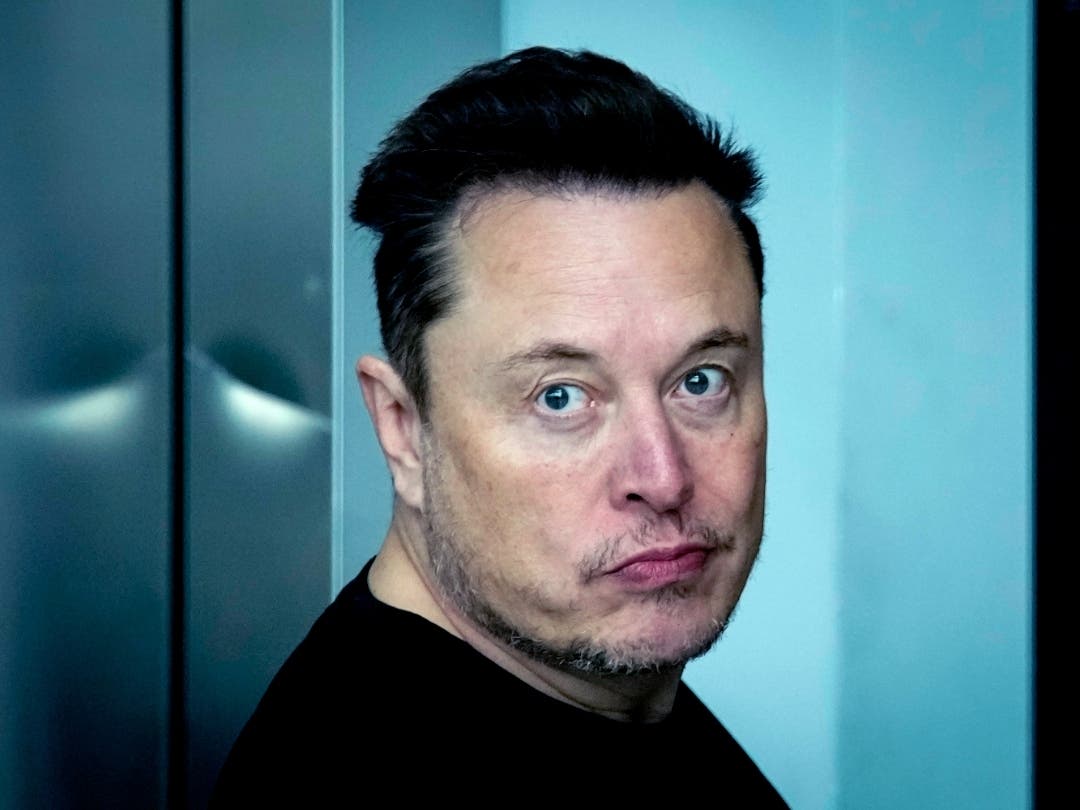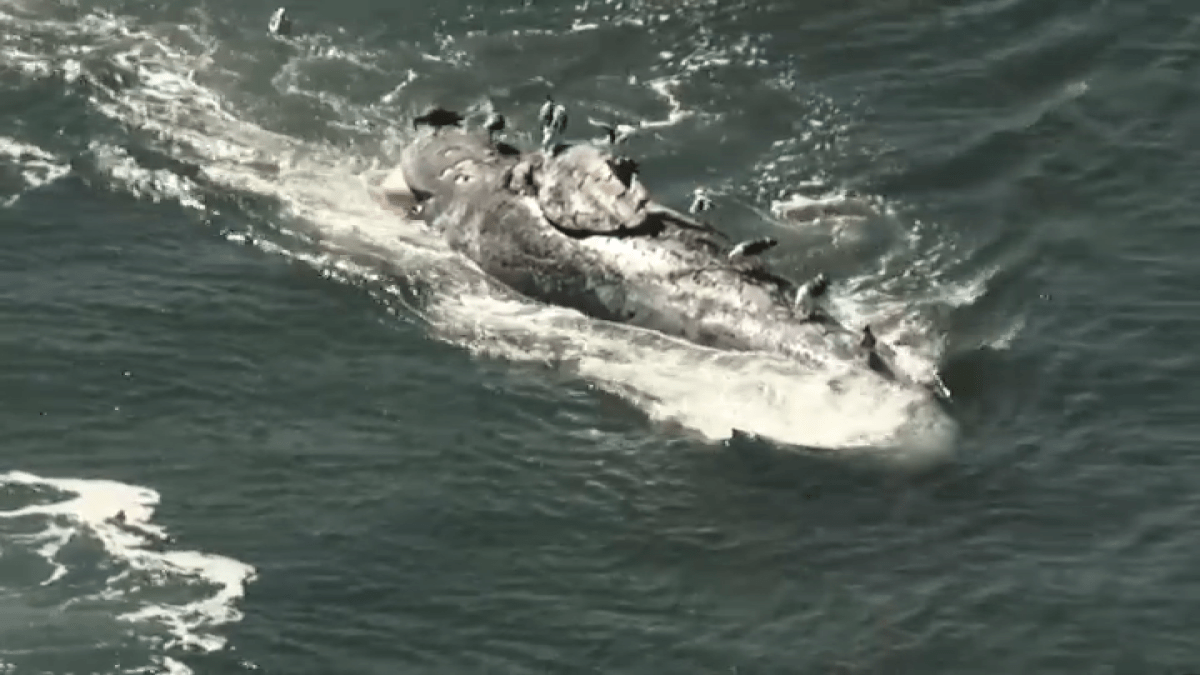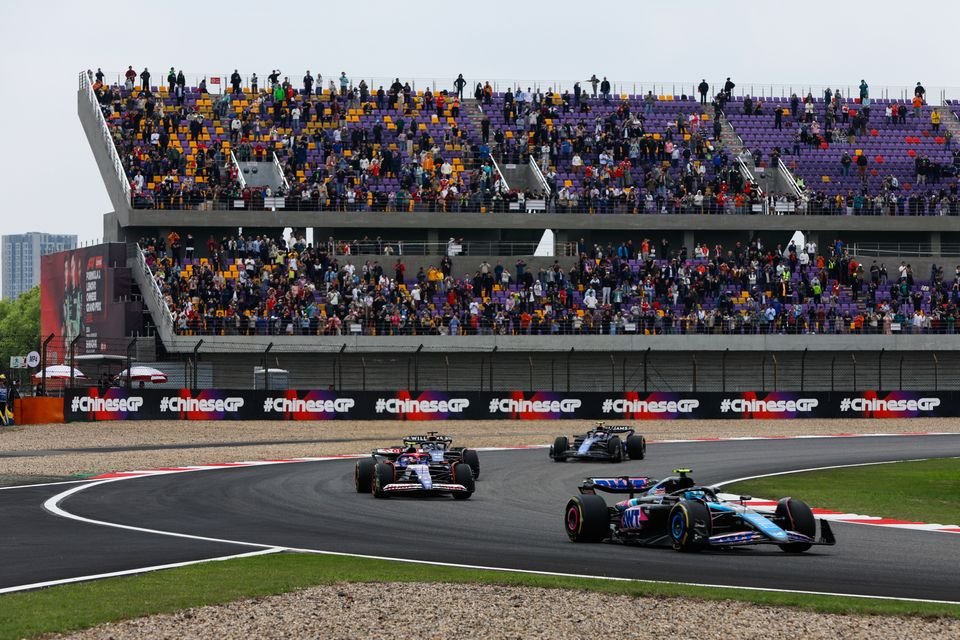SAN FRANCISCO — San Francisco Superior Court has determined that Elon Musk’s lawsuit against Sam Altman and OpenAI Inc. is “complex” civil litigation and said that the case will now follow a special track reserved for complex cases. The designation was opposed by the defendants.
Complex cases are ones that are likely to require a high volume of judicial attention. Once the case is designated as complex, it is assigned to a single judge for all proceedings.
The judge awarded responsibility last Thursday for the Musk litigation is Superior Court Judge Ethan Schulman, one of two judges in the San Francisco court assigned to handle complex civil litigation.
Interested in local real estate?Subscribe to Patch’s new newsletter to be the first to know about open houses, new listings and more.
Schulman was appointed by Gov. Jerry Brown in 2013 after a career in private practice as an appellate litigator, that is, a lawyer who works predominately on appeals rather than trials. Appellate lawyers are stereotyped by the legal profession as more academic and less showy than trial lawyers, often deeply interested in the intricacies of law.
Schulman graduated from Princeton University in 1978 and, according to Trellis, a case-finding service for lawyers, spent a year as a Fulbright-Hays scholar at the Tchaikovsky State Conservatory of Music in Moscow. He earned his law degree at the University of California, Berkeley in 1983.
Interested in local real estate?Subscribe to Patch’s new newsletter to be the first to know about open houses, new listings and more.
Schulman has handled other high-profile cases. For example, he found that the ride-hailing companies Uber Technologies Inc. and Lyft Inc. violated state law by classifying their drivers as independent contractors rather than employees. He ruled against the San Francisco Unified School District board’s plan to rename 44 city schools, finding procedural problems in the renaming process and recognizing the potential harm of the name change to alumni.
The Pursuit of AGI
Some of the complexity that Schulman will face is apparent from the grandiosity of Musk’s claims. Musk has touted the issues in the case as having epochal significance. In several places, he suggests that the relief he seeks is for the benefit of “all humankind.”
Musk’s primary claim is that he made an agreement with Altman, a Bay Area innovator and entrepreneur, and Greg Brockman, former chief technology officer of the payment company Stripe, to band together to prevent Google from controlling technology that would ultimately result in “Artificial General Intelligence” or AGI.
AGI is a term used to signify an artificial intelligence so advanced that it is smarter than humans in most every area of human endeavor.
Musk, Altman and Brockman then formed a company — OpenAI Inc. — to jump into the race against Google to develop AGI.
OpenAI Inc. was set up as a nonprofit corporation controlled by a board of directors working for the public, not profit-motivated shareholders.
According to the complaint, Musk poured millions of dollars and a great deal of his personal capital into the endeavor, and it led to great success. OpenAI developed ChatGPT, an artificial intelligence that already can exceed human abilities in discrete areas. Musk believes that the underlying technology owned by OpenAI is rapidly closing the gap between AI and AGI.
However, according to the complaint, Altman has veered from the core founding principles of OpenAI.
Musk alleges that after creating a for-profit subsidiary, OpenAI entered lucrative agreements with Microsoft that have allowed that tech behemoth to exploit OpenAI’s technology.
Musk believes that AGI in the wrong hands could be a disaster for humankind and he has no doubt that OpenAI’s nonprofit structure is no longer an effective barrier to that happening. He contends that Altman engineered changes at the board level that leave OpenAI under Altman’s control and that will allow Microsoft to get its hands on the crown jewel of AGI and exploit technology that was intended solely for the public.
Coming Attractions
With the complex case designation, two consequential motions — both filed by the defendants — have now landed in Schulman’s lap.
The first is a “demurrer,” the second, a motion to strike portions of Musk’s complaint.
A demurrer is a challenge to the legal sufficiency of a plaintiff’s complaint. In essence, it asks the court to rule that even if everything that a plaintiff says in its complaint is found to be true after a trial, it still wouldn’t be enough for plaintiff to win. It is a way for the court to weed out, at the beginning of the litigation, suits where the facts — as stated by plaintiff — don’t amount to a valid legal claim.
Because the court is required to accept as true the plaintiff’s version of the facts as long as they are not just unsupported conclusions, a demurrer is generally a relatively low hurdle for a plaintiff to clear.
A motion to strike generally focuses on specific aspects of a plaintiff’s complaint that are legally improper and should be stricken, even if the complaint as a whole is allowed to proceed.
Lawyers for OpenAI and Altman filed the motions to take an early shot at getting rid of Musk’s lawsuit altogether, with the possibility that even if the demurrer is unsuccessful in completely extinguishing Musk’s claim, the motion to strike will pare the suit down so that it is not an existential threat.
The core question is Musk’s allegation that there exists a “Founding Agreement,” which he contends is a legally enforceable contract that has been breached by the defendants. The demurrer suggests that the Founding Agreement is a fantasy and the foundation of Musk’s suit is mush.
The motion to strike goes after certain items of relief that Musk seeks. Musk asks the San Francisco judge to make some extraordinarily consequential determinations — rulings that could prove to have vast financial and social implications — as, for example, a ruling on whether OpenAI’s technology that is apparently still in development amounts to AGI.
According to the complaint, whether OpenAI has developed AGI is an issue of massive importance because, according to Musk, OpenAI can’t license AGI to investors such as Microsoft (which already holds the right to embed ChatGPT-4 in its products), because AGI is for humankind as a whole, not a for-profit company.
Schulman has not yet set a date for hearing the demurrer and the motion to strike, but how he rules on those two motions will have a great bearing on if and how the case goes forward.
Complexity
One thing that is not in dispute is that the development of a true AGI would be a colossal milestone for technologists and one that would raise many challenges.
In his book “The Coming Wave,” technologist Mustafa Suleyman — co-founder of DeepMind, a firm that pioneered the development of artificial intelligence — writes that AGI could unleash a wide range of unprecedented perils on the world.
Suleyman fears that as AI races towards AGI, it will be nearly impossible to contain the catastrophic consequences of the technology. He believes that as governments compete against each other to capitalize on AGI and its military and political uses, there is a real risk that nation-states will either become dystopian authoritarian regimes or fall into chaos and failed state status.
Whether or not those fears are overblown, it seems that a lawsuit that might require a single judge to decide if AGI has arrived would certainly deserve the designation of being “complex.”
Copyright © 2024 Bay City News, Inc. All rights reserved. Republication, rebroadcast or redistribution without the express written consent of Bay City News, Inc. is prohibited. Bay City News is a 24/7 news service covering the greater Bay Area.


